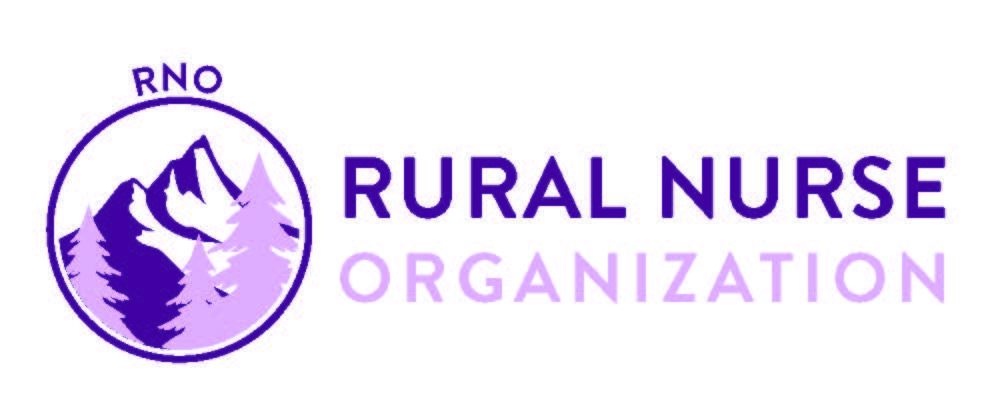This blog post was prepared by RNO Website Committee Chair Joan Grant Keltner.
Life is on a continuum from birth to death, but aging is a natural process. As we age, we encounter a variety of significant changes in our daily lives--career transitions, children growing up and leaving home, loss of loved ones, physical and psychosocial illnesses, and sometimes, changes in our ability to perform many activities of daily living. While many of us know of older individuals who can outperform us in many activities, as we age, we often experience more chronic illnesses. Individuals who live in rural locations have a higher risk for high cholesterol and blood pressure, obesity, arthritis, depressive disorder, diabetes mellitus, COPD, and heart disease (Research Triangle Institute, 2023).
As health professionals, how we meet the needs of older individuals as they face these challenges is key and a high priority in developing effective interventions. A review of 40 empirical studies confirmed older individuals face physical and psychosocial challenges and require supportive interventions directed toward their social activities and relationships, psychological well-being, mobility, self-care, and domestic life. While these individuals desire independence in managing their illness, they lack strategies health professionals can provide regarding self-care, communication, coordination of services, and knowledge about various care pathways and support servicesto enhance quality-of-life (Abdi et al., 2019). The Rural Health Information Hub (2022) and others also offer many resources for health providers.
A few strategies for these individuals include:
- · suggesting purposeful activities that facilitate active functional roles, such as mentoring activities (teaching preschool and school-age reading; volunteer activities; Owen et al., 2022);
- · providing information about developing heart healthy nutritional eating habits, quality rest and sleep habits, and mobility (e.g., with adapted exercises);
- · encouraging using mental stimulation activities (e.g., reading, learning new skills and hobbies), social connections (e.g., family, friends, etc., community volunteer and work groups), and emotional support (refer for counseling, telephone or face-to-face support groups, developing new hobbies) to enhance mental and emotional well-being;
- · teaching strength training, fall prevention and safety strategies for those who have difficulty in performing daily activities;
- · encourage interactions with family and friends and participating in community activities to facilitate enjoyable activities;
- · offer classes that focus on strength training, aerobic exercise, dietary skill building, and/or civic engagement (RIH Hub, 2022);
- · use trained community health workers and coaches to offer information about various illnesses such as hypertension, diabetes, mellitus, heart disease etc. (RIH Hub, 2022);
- · offer mobile screening clinics for chronic conditions (e.g., high blood pressure and cholesterol, obesity, diabetes mellitus, arthritis, COPD, etc. RIH Hub, 2022); and
- · engage rural community-based organizations, leaders, health-care systems, and providers to offer programs to enhance the well-being of older adults;
References
Abdi, S., Spann, A., Borilovic, J., de Witte, L., & Hawley, M. (2019). Understanding the care and support needs of older people: A scoping review and categorisation using the WHO international classification of functioning, disability and health framework (ICF). BMC Geriatrics, 19(1), 195. https://doi.org/10.1186/s12877-019-1189-9
Owen, R., Berry, K., & Brown, L. J. E. (2022). Enhancing older adults' well-being and quality of life through purposeful activity: A systematic review of intervention studies. The Gerontologist, 62(6), e317–e327. https://doi.org/10.1093/geront/gnab017
Research Triangle Institute (2023). Overlooked Americans: The toll of chronic disease in rural America. https://healthcare.rti.org/insights/chronic-disease-and-rural-health-disparities#:~:text=Rural%20health%20disparities%20%2D%20One%20nation%2C%20divided&text=Across%20the%20spectrum%20of%20chronic,non%2Dmetropolitan%20than%20metropolitan%20areas
Rural Health Information Hub ([RHI Hub] 2022). Chronic disease in rural America – Models and innovations. https://www.ruralhealthinfo.org/topics/chronic-disease/project-examples
